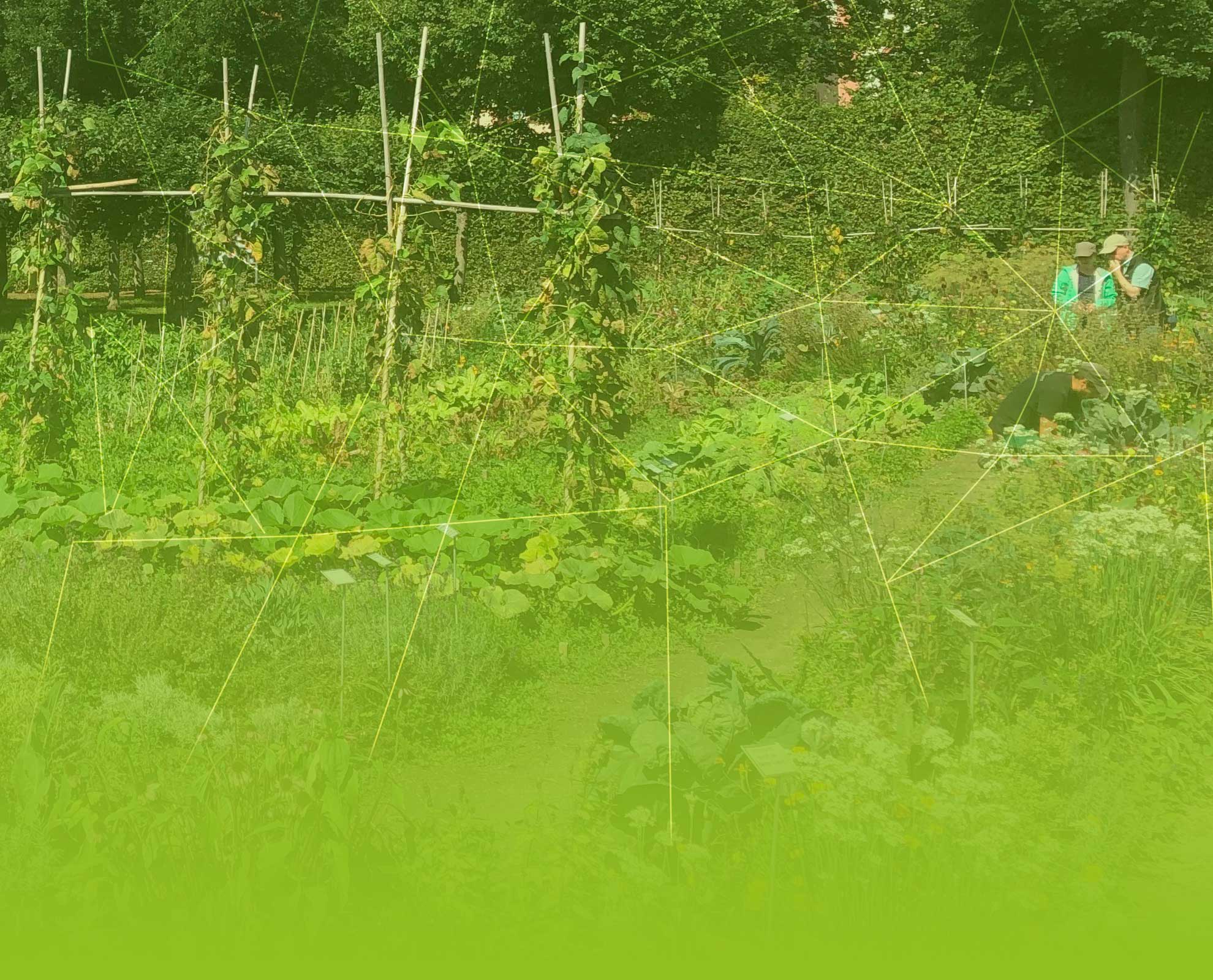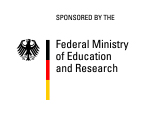The production and consumption of food has an impact on the environment. In this context we question the importance of food waste. To analyse this, we quantify the agricultural and food sectors along the entire value chain. Food waste can often be avoided with relative ease. In different case studies we study the main points and reasons for the creation of waste and examine different ways to reduce them.
Background and Objective
If food waste could be avoided, this would have a significant impact on the reduction of resources use and emissions. This topic has been a public concern for several years and is becoming increasingly important. Up until now there was no reliable data on the amounts of food waste. For this evaluation it is also important to have information on why waste is created and which portion of this waste can be avoided with various measures. The goal of the project is to analyse the portion of avoidable waste, and strategies and approaches for measures to avoid or reduce waste. On the basis of three case studies with bakeries, vegetable and fruit producers and school cafeterias we study the obstacles and possibilities for action in practice. On the basis of the results we want to identify and evaluate possibilities to develop a new consciousness of sustainable action and find ways to avoid food waste. We will include relevant actors, develop strategies with them and discuss possible measures to develop incentives for such behavior.
Approach
REFOWAS links two perspectives, by holistic sectoral analysis of the entire system and also study in more detail different parts of practice on the basis of three case studies and the participation of actors. In this way we can organize results and options for action with regard to their impact on the entire system. At the same time specific statements on parts of the system and an evaluation of the relevance of options for action are possible via the actors. In the subsystem „Agricultural Production“ we analyse fruit and vegetable crops, processing and marketing. In processing we look more closely at bakeries. In a third case study we study consumer behavior to identify different consumer patterns and reasons for the creation of food waste in households. As a further aspect, catering and food waste in schools shall be included here.
Data and Methods
The holistic analysis of the agricultural and food sectors is based upon differing preparations by the project partners in the area of environmental accounting, waste statistics and analyses of con-sumer behavior. Further data stems, among other sources, from the German Federal Statistics Office, from national consumption studies and national nutrition monitoring as well as from the literature. The environmental impact along the value creation chain is calculated on the basis of econmic balance approaches. In the case studies we document and evaluate – in addition to sur-veys of actors – amounts of waste with the help of the so-called „Resource Managers“ of the University of Stuttgart. In order to recognize options for action, we analyze different scenarios. These options for action will be discussed at stakeholder workshops.
Preliminary Results
Our analyses of the total systems target not only scientific knowledge and policy advice, they shall also serve as the basis for a raising of public awareness in terms of:
- A quantitative overview of the value creation chain for foods, including waste and losses
- Eco-balances with resource requirements and environmental impacts
- Suitable, in part newly developed, methods for the creation and evaluation of options for action
- Approaches for measures to avoid food waste.
- In that we derive our knowledge from system analysis (Part a) and together with cooperation with different actors in the case studies (Part b), we want to draft recommendations and implement them into practice. Included here are the following results:
- Concepts and options for action to avoid food waste (in the fields of fruit and vegetables, baked goods, school meals and consumer behavior)
- The creation of a communication and information platform with information materials (brochure, posters, curriculum materials and a resource for school food providers)
Dr. Thomas G. Schmidt, Thünen-Institut für Ländliche Räume




